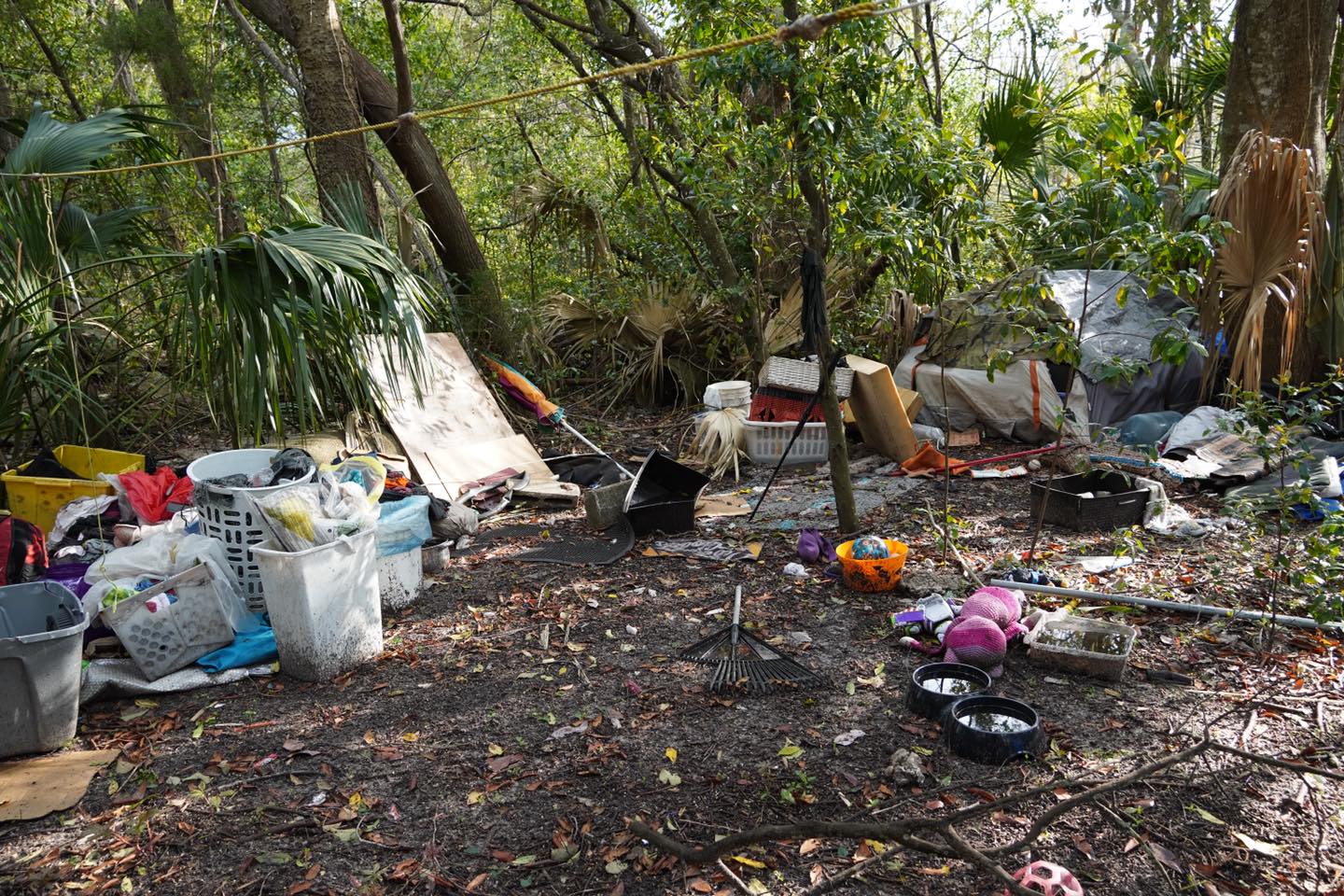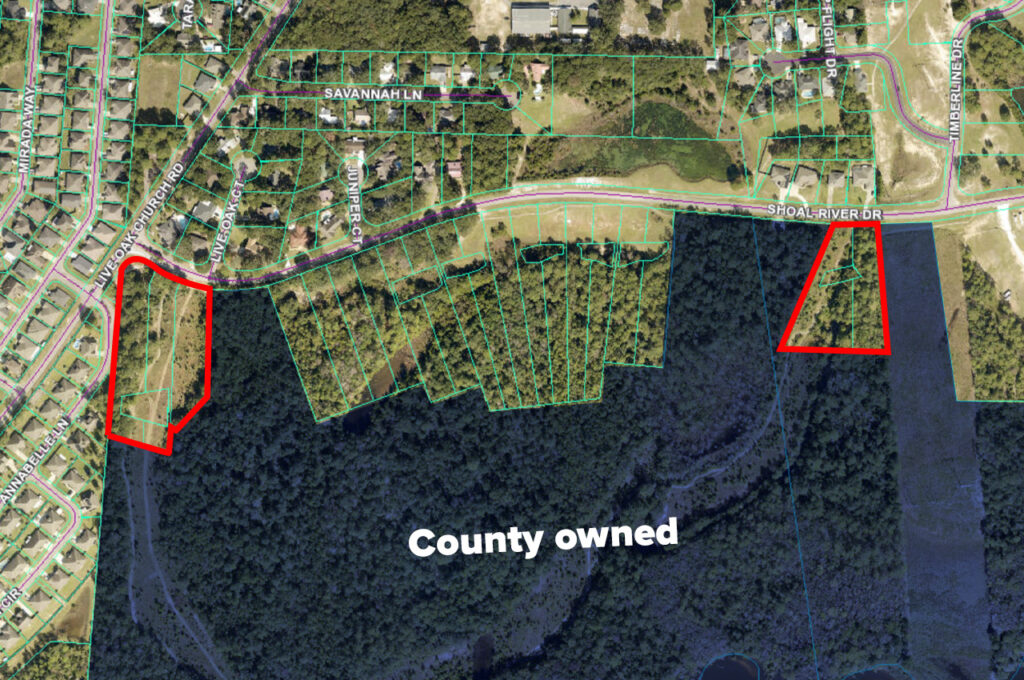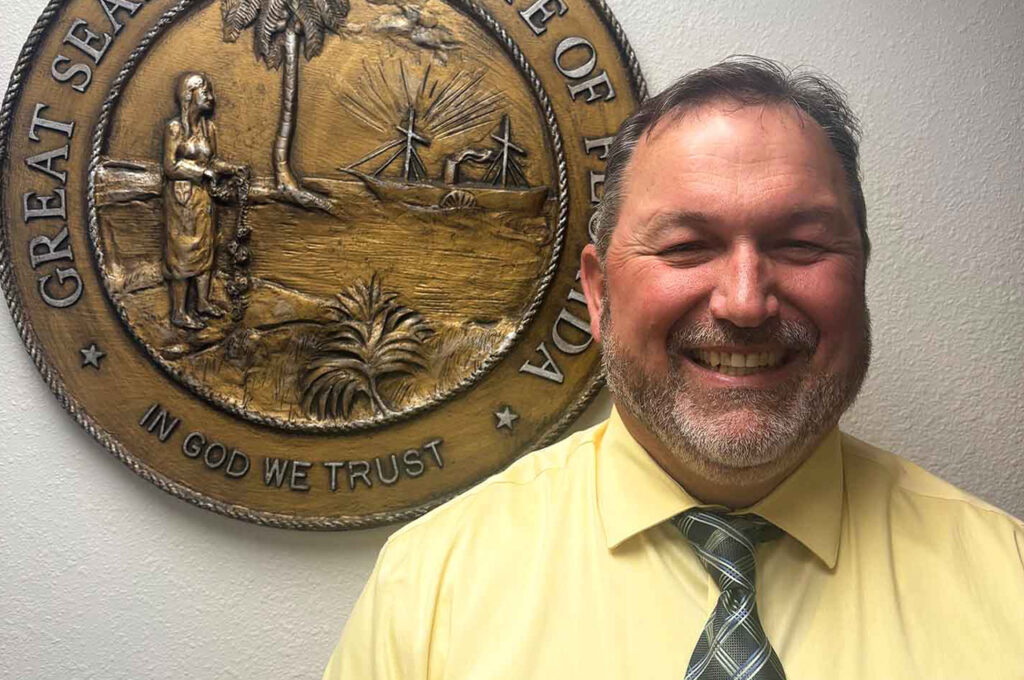The Okaloosa County Board of County Commissioners voted unanimously on Tuesday, September 17, to adopt an ordinance prohibiting public camping and sleeping on county-owned property, including buildings, grounds, rights-of-way, and sidewalks.
- The ordinance, presented by Kerry Parsons, Chief Deputy County Attorney, aims to comply with recently passed state legislation (Chapter No. 2024-11, Laws of Florida) that makes it impermissible for counties and municipalities to authorize or allow public camping or sleeping on public property, except in specific circumstances such as designated recreational uses.
“The new law places an obligation on counties and cities to proactively avoid violations,” Parsons explained during the meeting. “Failure to do so subjects counties and municipalities to civil actions by residents, business owners, or the Attorney General.”
The ordinance amends existing county code and adds new sections to explicitly prohibit public camping and sleeping as defined by the state statute. It also authorizes law enforcement to remove individuals violating these prohibitions in accordance with Florida’s trespass laws.
Parsons noted that the county had been monitoring a U.S. Supreme Court case challenging similar restrictions in Oregon. In June 2024, the Court ruled in City of Grants Pass, Oregon v. Johnson that such laws are constitutional and do not violate the Eighth Amendment’s prohibition on cruel and unusual punishment against homeless individuals.

Commissioners engaged in a lengthy discussion about the ordinance’s implications, enforcement, and its relation to broader issues of homelessness in the county. Commissioner Trey Goodwin emphasized the need for uniformity across municipalities within Okaloosa County and suggested coordinating with city attorneys on similar ordinances, which gained consensus.
- He also raised concerns about the cost of enforcement, noting that it would require additional funding for the Okaloosa County Sheriff’s Office and potentially lead to increased use of the county correctional facility.
Commissioner Nathan Boyles expressed frustration with the state legislature’s approach, stating, “We’re not doing this because there’s been some instantaneous need in Okaloosa county to adopt an ordinance in this fashion. We’re going to adopt this thing because it’s simply a preemptive measure to attempt to be in compliance and avoid unnecessary litigation that would be a distraction for our county.”
The board also approved a letter to the Sheriff’s office authorizing enforcement of the new provisions. While the ordinance takes effect immediately, civil actions under the state law cannot be brought until January 1, 2025.
Commissioner Paul Mixon noted that the county has over 120 funded homeless beds, stating, “We shouldn’t be in the business of trying to attract and house the homeless. We should be in the business of trying to help them get out of homelessness.”
The ordinance comes as part of a broader statewide effort to address public camping and homelessness. Parsons mentioned that the Florida Council on Homelessness had submitted a study to the legislature in June, requesting various funding mechanisms for enforcement and affordable housing initiatives.





